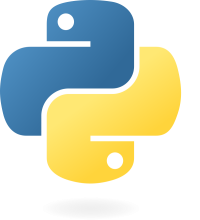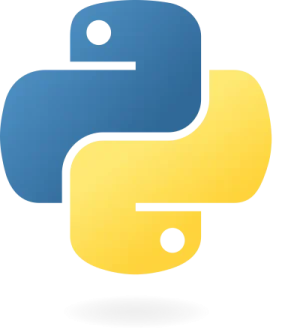Introduction to Python
Understanding Python Python is a widely-used programming language created by Guido van Rossum and was first released in 1991. Its versatility makes it an excellent choice for various applications such as web development, software creation, mathematics, and system scripting. Applications of Python Web Development: Python is employed server-side to develop web applications. Software Development: It … Read more

